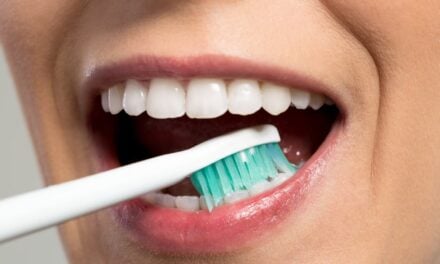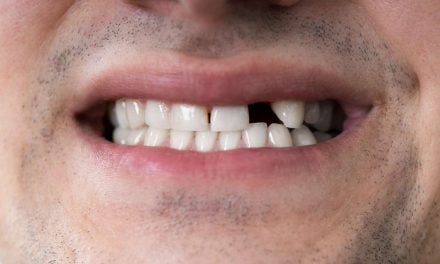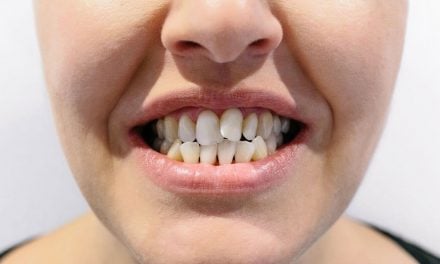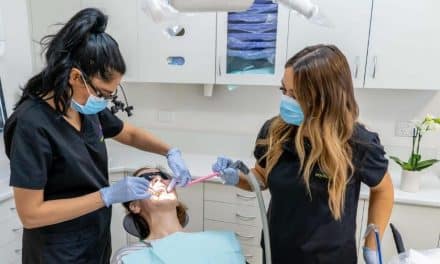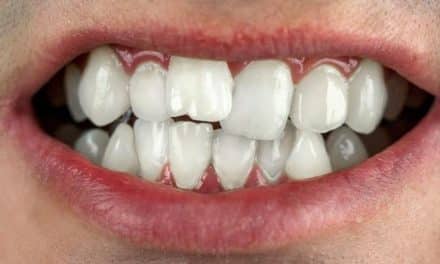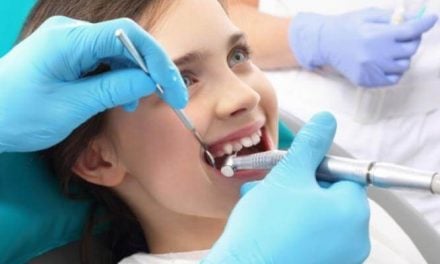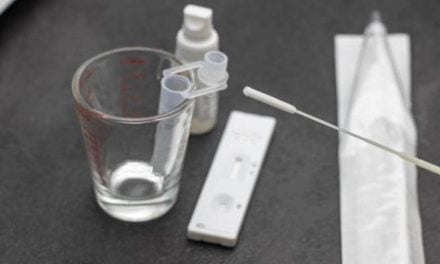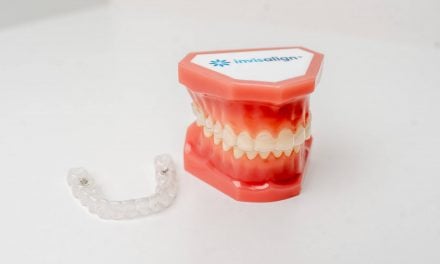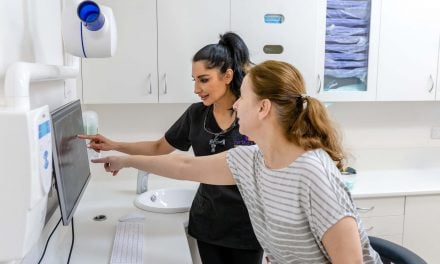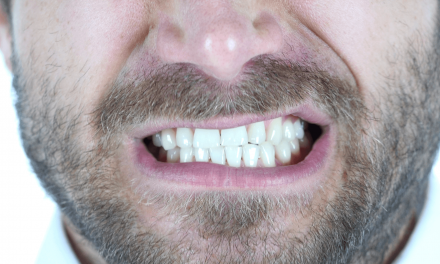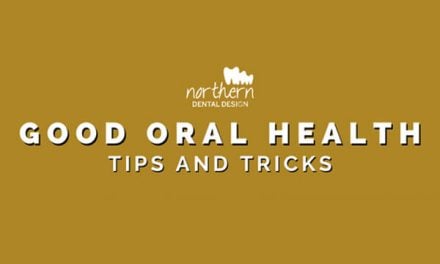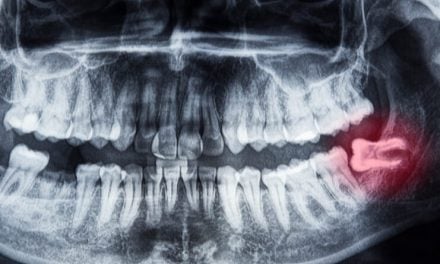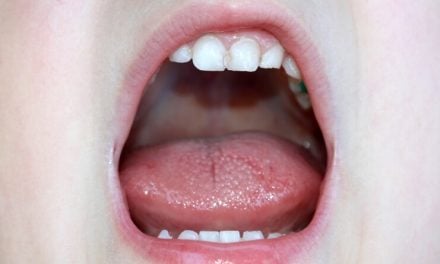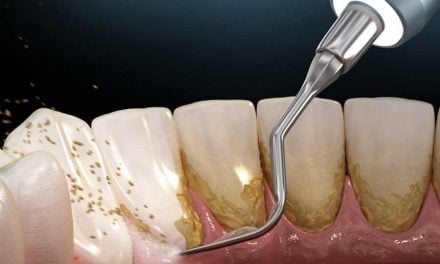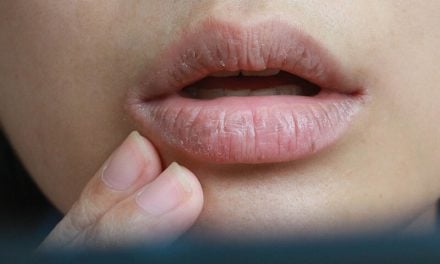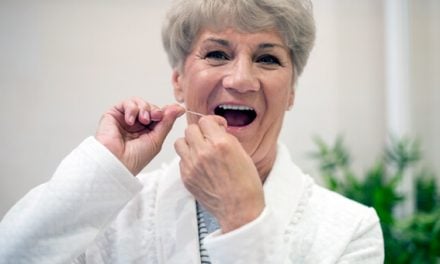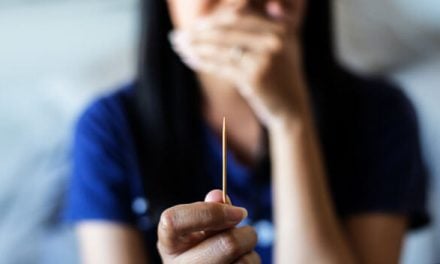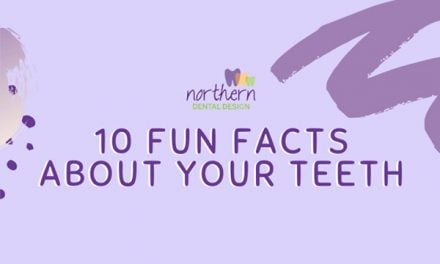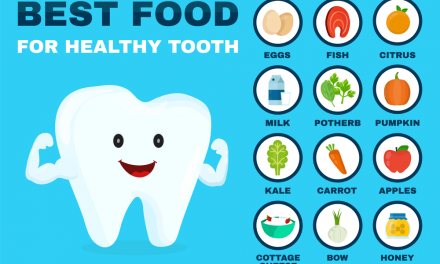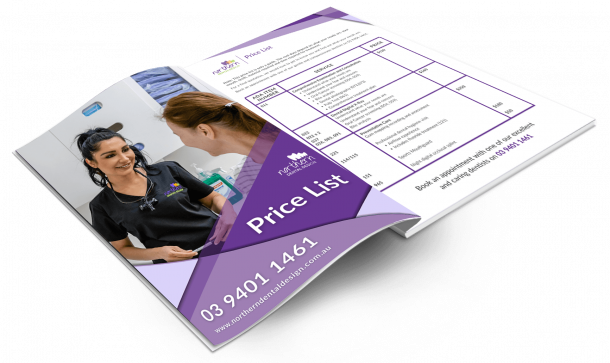Is Wisdom Tooth Removal The Most Traumatic Dental Procedure?

Teeth. So fundamental to the enjoyment of life, and so prone to genetics, damage, mistreatment and gum disease, and issues with wisdom teeth are really, really common.
As much as you might think your parents are responsible, it’s evolution that’s to blame.
Almost 85% of people need a wisdom tooth extraction during their lifetime, and it’s not because we have too many teeth, but because evolution and dietary changes have given us a jaw that’s too short for the number of teeth nature still intends us to have.
Wisdom teeth are the last set of molars to erupt into growth. Putting childbirth aside, teething is the most pain we experience as a human being. Fortunately there’s biological amnesia that has us forget the distress of getting our first teeth, although no doubt your parents will remember..!
Teeth come in three waves. During infancy, the first set is 20 baby teeth. Around six to eight years of age, baby teeth are replaced with permanent ones. Between 17 and 25 the final four of third molars emerge – called “wisdom teeth” because you’re supposedly wiser when you get ‘em.
Research has shown that young children having had dental anaesthetic sometimes don’t grow lower wisdom teeth. Two things may account for this: the anaesthetic solution or trauma from the needle hitting the wisdom tooth bud.
It suggests it may be possible to deliberately stop wisdom teeth from growing.
It’s been a common dental advice for decades to have wisdom teeth out before they cause problems. It is a general course of action to have the extraction done at a younger age before the tooth’s roots have completely formed, and while the surrounding bone is softer. It allows for an easier extraction with less risk of damage to nerves, bone or other teeth.
This is now not as recommended a strategy, because of general risks involved with anaesthesic, and the cost and invasive nature of the surgery itself, for what may be a completely unnecessary procedure.
Getting your wisdom teeth through, even if they’re emerging normally, can cause you to feel various symptoms. There will be discomfort, the feeling of pressure in your mouth or jaw, and usually an ache or some tenderness in your gums.
Impacted wisdom teeth can cause pain, damage to other teeth, overcrowding and other impaction – either into the neighbouring teeth or into the gum. However, not all wisdom teeth cause problems, and even impacted ones can be painless. Only an x-ray will tell.
Some patients need only one tooth taken out, usually done under local anaesthetic at the clinic. Others may have all four impacted and need hospitalisation so they can be removed under general anaesthetic.
Naturally, the older we are, the more challenging the procedure and the longer the healing process. Full or Partial Bony Impacted are where the tooth has either completely or partially fused to the jaw. If the tooth has not fully erupted, it’s necessary to surgically incise the gum and sometimes surrounding bone must be removed as well. The tooth may need to be cut into 2 or 3 pieces to extract it.
Certainly, whichever procedure you might have will be completely painless; it’s the whole idea of anaesthetic.
You’ll be aware of sensations of pressure, and of the tooth loosening, and there will be sounds that some people find stressful. Any anxieties need to be discussed with your dentist; understanding patient’s fear is part of the profession. Nobody has to be a hero in the dentist’s chair, and your practitioner will have useful methods to calm and distract you.
Dentists are very aware of the psychological complications that can arise after having this intensive dental intervention. Post Traumatic Stress Disorder can result, with severity of pain during the treatment a significant predictor. It underlines the importance of your dentist ensuring a pain-free treatment, and having knowledge of any predisposition to anxiety you may have.
That’s why it’s only fair to let your practitioner know if you’re feeling unsure about any part the procedure.
Particularly for older adults, the pain and discomfort of having wisdom teeth out is in the days and weeks after surgery. It’s a very physically aggressive procedure to one of the most sensitive parts of the body, and although mouth tissue heals quickly, there is internal bruising and facial muscle stress. There needs to be time, method, and respect for the recovery process.
Without treatment, problem wisdom teeth can lead to severe infection, oral cysts, bleeding gums and tooth decay. So if your dentist’s advice is to have them removed, it’s not a good idea to let fear or anxiety get in the way of a healthy outcome.

For most, it’s uncomfortable to eat for the first three weeks after wisdom tooth surgery. Avoiding hot foods and beverages is par for the course. Soft foods are the obvious recommendation, like smoothies, mashed vegetables, omelettes and soups – any food that doesn’t require chewing. You’ll have a post-procedural check-up with your dentist, and they’ll let you know when you can resume your regular diet.
As far as being the most traumatic dental procedure, it’s a toss-up between having wisdom teeth out and root canal surgery. Both are the most dreaded among patients. However, an experienced specialist has the skill to make either no worse than any other essential dental procedure.
The most painless dental procedure of all is a check-up. They’re so painless you should have one every six months. Then you’re likely to avoid the root canal, and if your wisdom teeth need treatment, you can plan ahead.
That in itself makes the whole thing less traumatic.
DISCLAIMER:
The content has been made available for informational and educational purposes only. Northern Dental Design does not make any representation or warranties with respect to the accuracy, applicability, fitness, or completeness of the content.
The content is not intended to be a substitute for professional personal diagnosis or treatment. Always seek the advice of your dentist or another qualified health provider with any questions you may have regarding a dental or medical condition. Never disregard professional advice or delay seeking it because of something you have read or seen on the Site.

